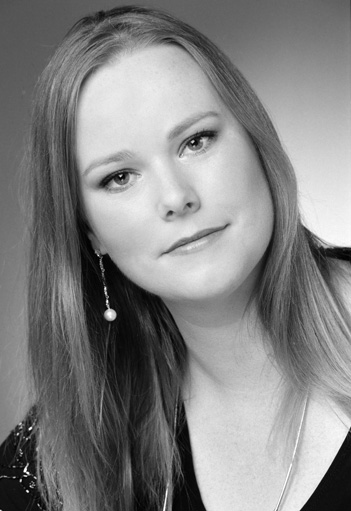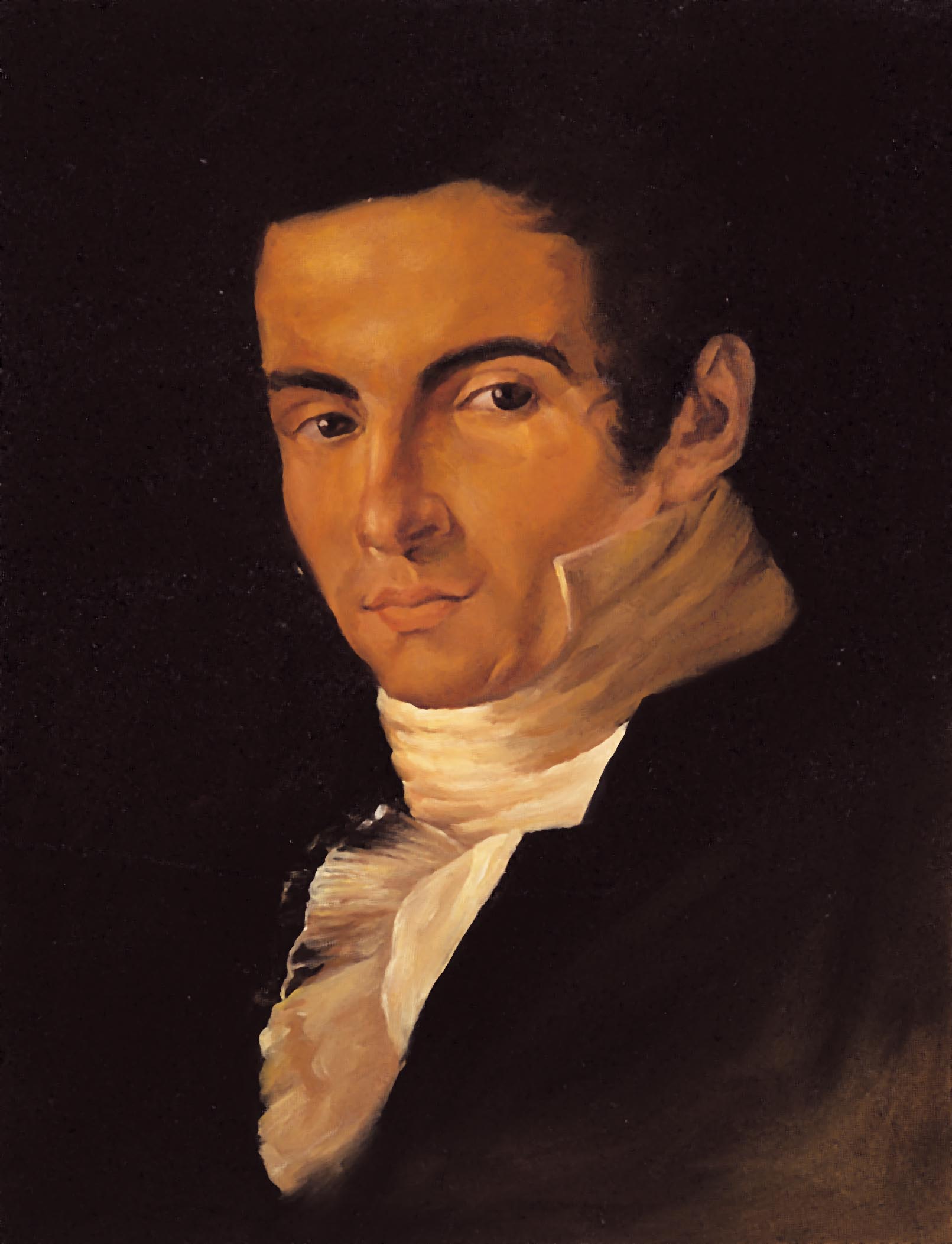
The bass Luca Dall’Amico studied trombone, organ and composition at the Vicenza Conservatory, making his debut at the Verona Arena in 2003 in Carmen. Riccardo Muti engaged him for Agamemnon in Iphigenie in Aulis at the Rome Teatro dell’Opera. At La Scala he sang in Pizzetti’s Assassinio nella cattedrale, leading to engagements throughout Italy.
He has collaborated with distinguished conductors and appeared at major theatres, including the Teatro La Fenice in Venice, the Teatro Regio in Parma and with the Chicago Symphony Orchestra under Riccardo Muti.
For more information, visit www.lucadallamico.com.

The mezzo-soprano Sonia Ganassi was born in Reggio Emilia and studied singing with Alain Billard. In 1990 she won the Spoleto Premio A. Belli and made her début two years later as Rosina in Rossini’s Il barbiere di Siviglia at the Rome Teatro dell’Opera. After this brilliant start to her career she was invited to appear at the most famous opera houses throughout the world, in Florence, Bologna, New York, San Francisco, Paris, London, Milan, Madrid, Barcelona and Washington. Further operatic projects followed in Leipzig, Vienna, Madrid, Turin, Naples and Bilbao.
She has worked with the conductors Claudio Abbado, Riccardo Chailly, Riccardo Muti, Myung-Whun Chung, Wolfgang Sawallisch, Antonio Pappano, Bruno Campanella and Carlo Rizzi, and is considered one of the most important interpreters of mezzo-soprano and dramatic soprano rôles in Rossini and bel canto repertoire, including Angelina in La Cenerentola, Isabella in L’Italiana in Algeri, Leonora in La favorita, Elisabetta in Elisabetta Regina d’Inghilterra and Maria Stuarda. Her Mozart rôles have included Idamante in Idomeneo, Dorabella in Così fan tutte and Donna Elvira in Don Giovanni. French repertoire includes Charlotte in Werther, the title rôle in Carmen und Niklausse in Offenbach’s Les contes d’Hoffmann.
She has won great success in the concert hall in repertoire including Stravinsky’s Pulcinella and Oedipus Rex, Mahler’s Lieder eines fahrenden Gesellen, Verdi’s Requiem, Berlioz’s Les nuits d’été und Schumann’s Paradies und die Peri. She was awarded the Italian music critics’ Abbiati Prize for her interpretation of Zaide in Donizetti’s Dom Sébastien.

Jessica Pratt was born in Bristol in 1979 and studied singing in Australia and Europe. She has won several scholarships and prizes, in Rome, at the Sydney Opera, at the Metropolitan Opera New York and at the Vienna State Opera.
She made her early appearances in Il re pastore with the Rome Sinfonietta, in La rondine in Sydney, and in Il signor Bruschino with the Accademia di Santa Cecilia. In autumn 2007 she made her début in the title rôle in Donizetti’s Lucia di Lammermoor with AsLiCo (Associazione Lirica e Concertistica Italiana). The following year she appeared at the Rossini in Wildbad Festival as Desdemona in Rossini’s Otello.
The recording (Naxos 8.660275–76) was released to critical acclaim. In 2009 she appeared for the first time at the Teatro alla Scala in Milan as La Prima Donna in Donizetti’s Le convenienze ed inconvenienze teatrali, a performance which was televised live in Europe.
Her first engagement at the Royal Opera House, Covent Garden took place in February 2011 in the rôle of The Queen of the Night (Die Zauberflöte) under the baton of Sir Colin Davis.
Other performances include Amina (La Sonnambula) and Lucia at La Fenice in Venice, the title rôle of Adelaide in Borgogna and Amira in Ciro in Babilonia at the Pesaro Rossini Festival, Gilda (Rigoletto) at the Parma Verdi Festival, Lucia at Deutsche Oper Berlin and Matilde (Guillaume Tell) in Lima with Juan Diego Florez as Arnold.
The history of the orchestra of the Teatro La Fenice is associated with that of the theatre, which held such an important place in opera in the nineteenth century, with premières including Semiramide, I Capuleti e i Montecchi, Rigoletto and La traviata. The second half of the century brought an internationalisation of repertory, broadened also by symphony concerts and collaboration with leading soloists.
In the course of the nineteenth and twentieth centuries the orchestra was directed by leading conductors and composers, including Lorenzo Perosi, Giuseppe Martucci, Antonio Guarnieri, Richard Strauss, Pietro Mascagni, Giorgio Ghedini, Ildebrando Pizzetti, Goffredo Petrassi, Alfredo Casella, Gian Francesco Malipiero, Willy Ferrero, Leopold Stokowski, Fritz Reiner, Vittorio Gui, Tullio Serafin, Giuseppe Del Campo, Nino Sanzogno, Ermanno Wolf-Ferrari, Carlo Zecchi, John Barbirolli, Herbert Albert, Bruno Walter, Franco Ferrara, Guido Cantelli, Thomas Schippers and Dimitri Mitropoulos.
In 1938 the Teatro La Fenice became an autonomous entity and the orchestra was developed further with active participation in the Festival of Contemporary Music of the Biennale. In the 1940s and 1950s under the guidance of Toscanini, Scherchen, Bernstein and Celibidache (with a complete cycle of Beethoven symphonies), Konwitschny (with Wagner’s Ring cycle), and Stravinsky, the orchestra presented a series of historic concerts.
In the following years the most distinguished conductors worked with the orchestra, among them Bruno Maderna, Herbert von Karajan, Karl Böhm, Claudio Abbado, Riccardo Muti, Georges Prêtre, Eliahu Inbal, Seiji Ozawa and Lorin Maazel.
Contemporary operas in the 1950s included Britten’s The Turn of the Screw and Stravinsky’s The Rake’s Progress, and in more recent years the first Italian production of Aus Deutschland and the world première of Mauricio Kagel’s Entführung im Konzertsaal, and of Adriano Guarneri’s Medea.
In concerts the orchestra has undertaken cycles, including those dedicated to Berg and to Mahler, under the direction of conductors such as Sinopoli, Kakhidze, Masur, Barshai, Tate, Ahronovitch, Kitaenko, Inbal and Temirkanov. The orchestra tours regularly in Italy and abroad. Principal conductors have included Eliahu Inbal, Vjekoslav Sutej, and Isaac Karabtchevsky, and among guest conductors Jeffrey Tate.

Vincenzo Bellini was one of the most important composers of Italian opera in the earlier years of the 19th century. He died in Paris in 1835 at the height of his success. Bellini’s influence was not confined to opera and Chopin owes much to him, particularly in his handling of melody.
Operas
Bellini’s first great success was in 1827 when Il pirata was staged at La Scala, Milan. The six further operas that he wrote include a version of Shakespeare’s Romeo and Juliet called I Capuleti e i Montecchi, the famous and complicated La sonnambula produced in Milan in 1831, the demanding opera Norma set in Roman Gaul and staged at La Scala at the end of the same year, and the final work I puritani which was mounted in Paris in 1835.
Orchestral and Vocal Music
Although Bellini is primarily known as a composer of opera, his Oboe Concerto, written early in his career, enjoys some popularity. His songs are seldom far away from the operatic idiom with which he was so familiar.






























